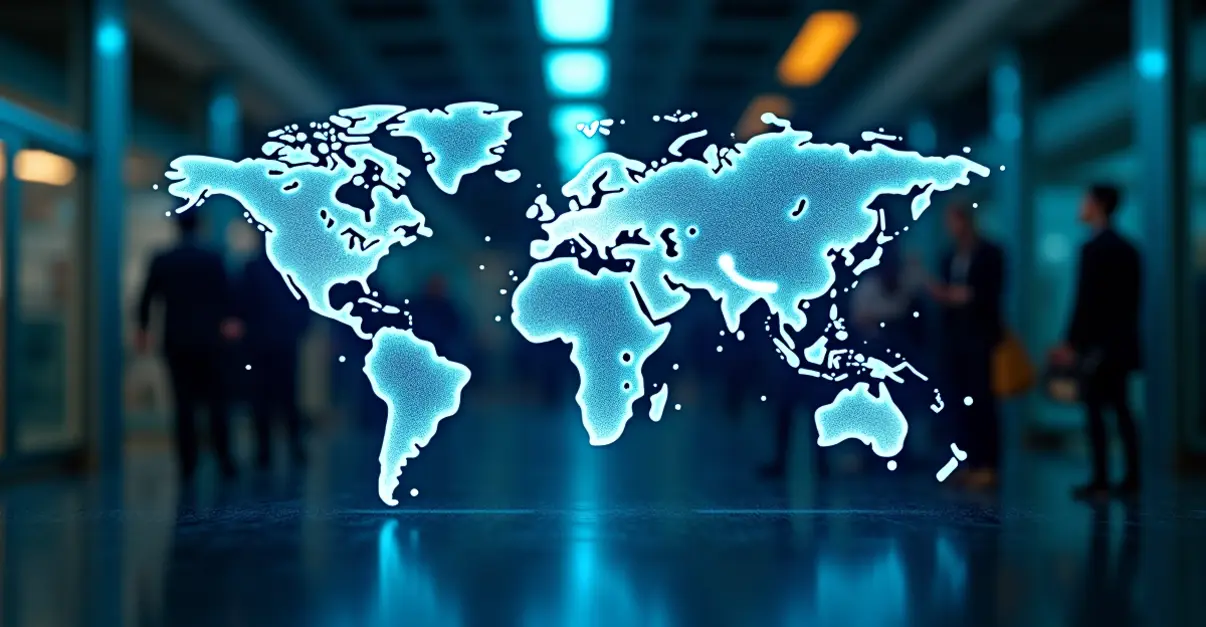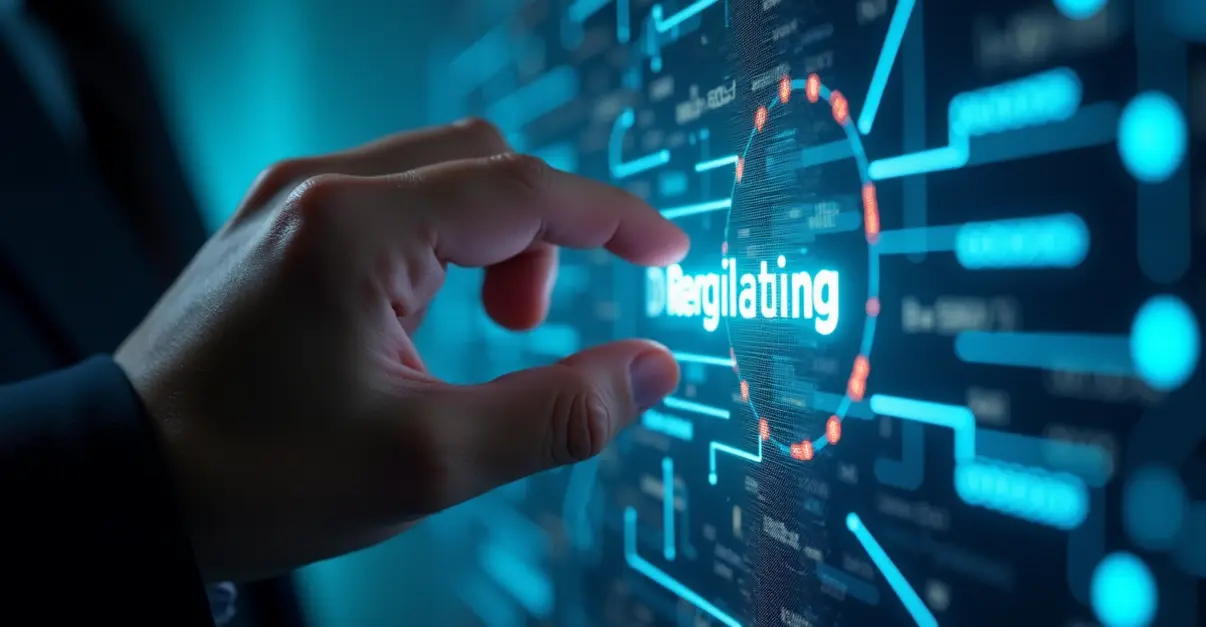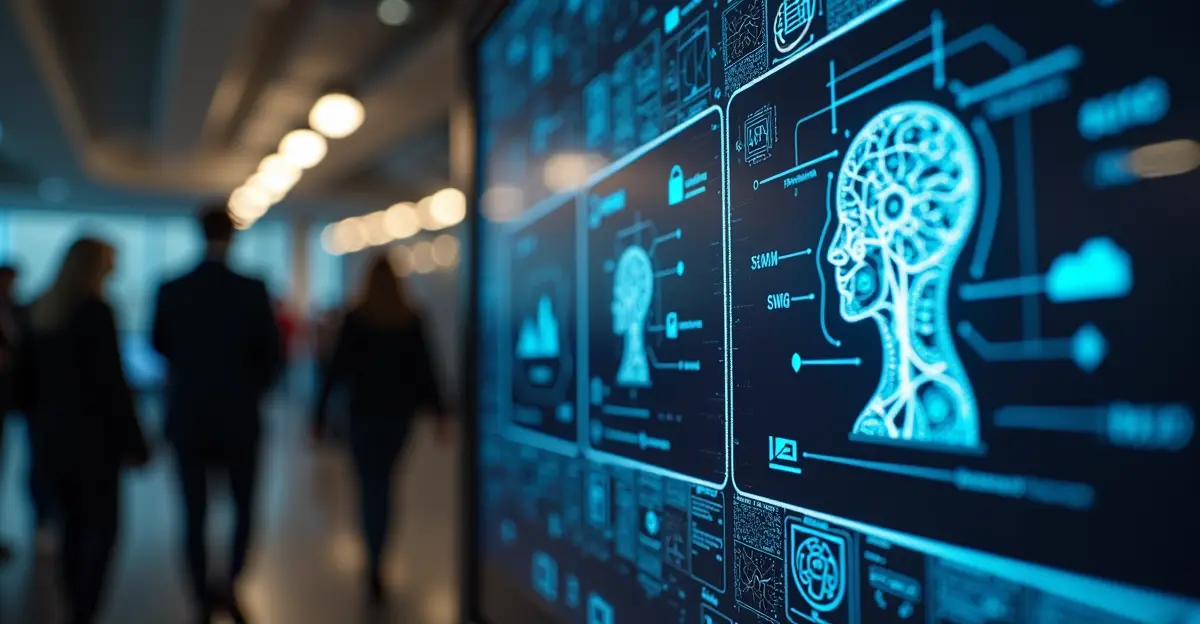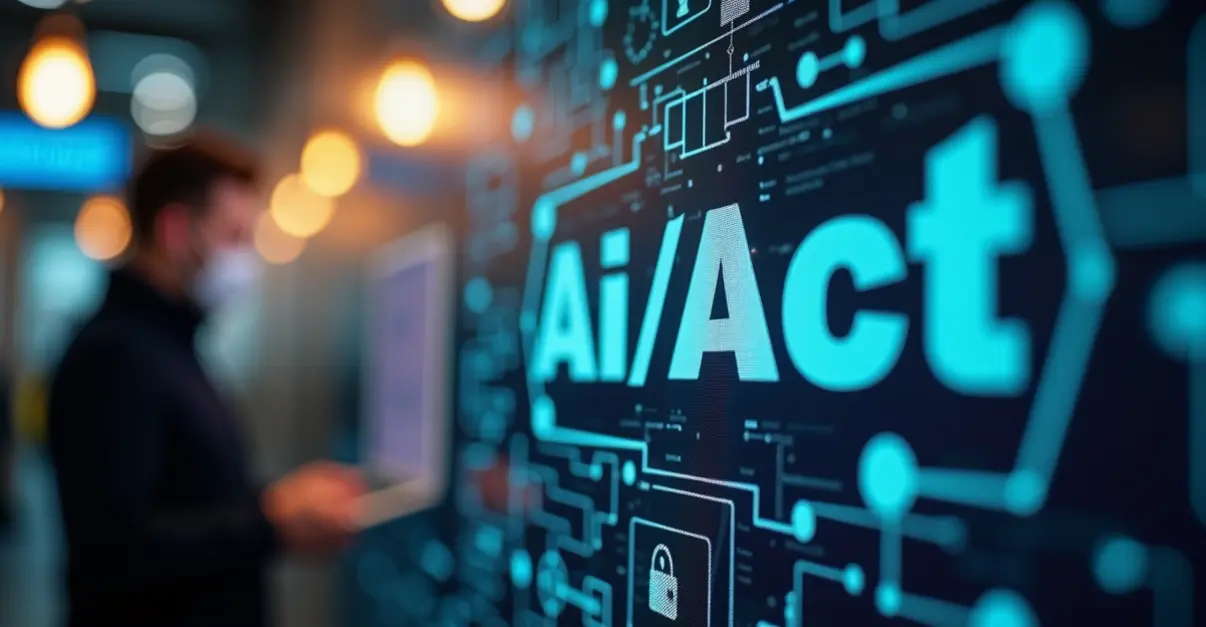Global AI regulation intensifies in 2025 with EU's comprehensive AI Act and US patchwork approach. Compliance costs may be underestimated, but AI tools help companies adapt. International coordination grows as nations balance innovation with risk management.

Global AI Regulation Landscape Intensifies
As artificial intelligence continues its rapid evolution, governments worldwide are scrambling to establish regulatory frameworks that balance innovation with risk management. According to Stanford University's 2025 AI Index, legislative mentions of AI rose 21.3% across 75 countries since 2023, marking a ninefold increase since 2016. The regulatory momentum shows no signs of slowing as nations grapple with the implications of increasingly powerful AI systems.
EU Leads with Comprehensive AI Act
The European Union has positioned itself at the forefront of AI regulation with its groundbreaking AI Act, which entered into force on August 1, 2024. 'The EU AI Act represents the world's first comprehensive legal framework for artificial intelligence,' says Dr. Elena Rodriguez, AI policy expert at the European Commission. 'We're setting global standards for trustworthy AI development.'
Key provisions taking effect in 2025 include prohibitions on certain AI applications starting February 2, 2025, followed by comprehensive due diligence and transparency requirements for General-Purpose AI (GPAI) models on August 2, 2025. According to implementation guidelines, providers of GPAI models must maintain technical documentation, prepare transparency reports, and publish summaries of training data. Violations can result in penalties up to €35 million or 7% of global annual turnover.
US Regulatory Patchwork Emerges
Across the Atlantic, the United States is taking a different approach. Rather than comprehensive federal legislation, the US has seen a patchwork of regulations emerge. President Trump's Executive Order 14179, 'Removing Barriers to American Leadership in Artificial Intelligence,' repealed Biden's earlier AI safety order and shifted focus toward promoting innovation.
'The US approach reflects our commitment to maintaining technological leadership while addressing legitimate concerns,' explains Michael Chen, technology policy analyst at the Brookings Institution. 'We're seeing agency-specific regulations from the FTC, DOJ, and EEOC applying existing authorities to AI applications.'
The GAO report identifies 94 government-wide AI-related requirements from federal laws, executive orders, and guidance that agencies must follow. Meanwhile, states are actively pursuing their own AI legislation, creating compliance complexity for businesses operating across jurisdictions.
Compliance Costs and Industry Impact
The regulatory push comes with significant financial implications for businesses. Recent analysis reveals that AI legislation could impose substantial compliance costs, with traditional government estimates potentially underestimating the true burden. According to research from the American Enterprise Institute, large language models consistently predict much higher compliance costs than traditional regulatory impact assessments.
For California's CCPA amendments, official projections of 120 hours for first-year risk assessment compliance contrast with AI model estimates of 400-580 hours. Similarly, for automated decision-making provisions, official estimates of 360 hours are dwarfed by AI projections of 450-730 hours.
'The compliance burden is real and substantial,' notes Sarah Johnson, compliance officer at TechGlobal Inc. 'We're seeing companies allocate millions to ensure they meet these new requirements while maintaining innovation momentum.'
Industry Response and Adaptation
Despite the challenges, many companies are finding ways to turn compliance into competitive advantage. According to industry analysis, 62% of organizations report significantly improved compliance efficiency after implementing AI solutions. Gartner predicts that by 2025, over 50% of large enterprises will use AI for continuous compliance monitoring, up from less than 10% in 2021.
'AI is revolutionizing how we approach compliance,' says David Martinez, CEO of ComplianceTech Solutions. 'What was once a manual burden is becoming a strategic advantage, with companies achieving up to 50% cost savings in compliance management.'
International Coordination Efforts
The global nature of AI development has prompted international coordination efforts. The United Kingdom started a series of international summits on AI with the AI Safety Summit in 2023, followed by the AI Seoul Summit in 2024, and the AI Action Summit in Paris in 2025.
'International cooperation is essential for effective AI governance,' states Dr. Kenji Tanaka, Japanese delegate to the AI Action Summit. 'No single country can regulate this technology in isolation given its borderless nature.'
As regulatory frameworks continue to evolve, businesses face the dual challenge of navigating compliance requirements while maintaining their competitive edge in the rapidly advancing AI landscape.

 Nederlands
Nederlands
 English
English
 Deutsch
Deutsch
 Français
Français
 Español
Español
 Português
Português









